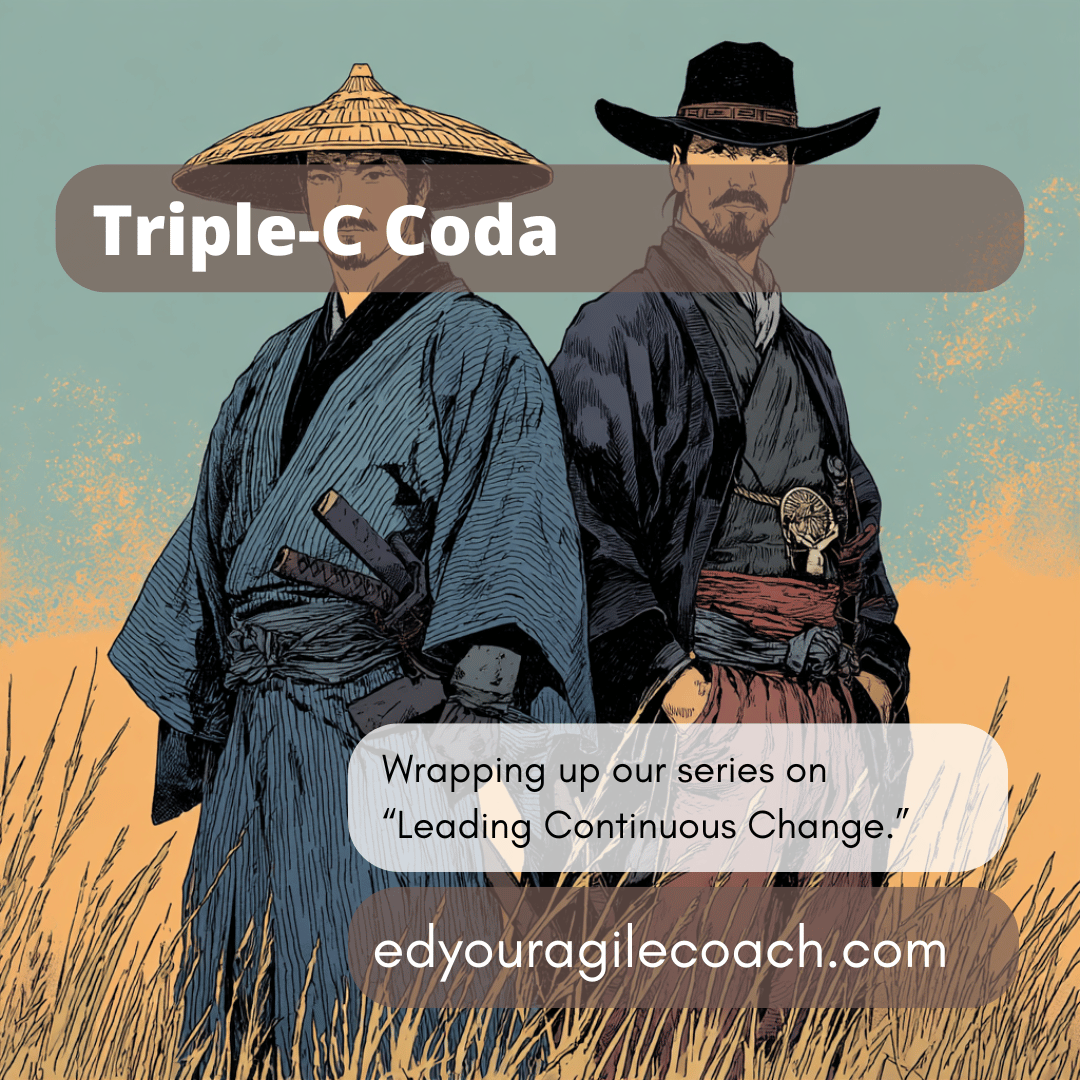The Exhausting Labor of the Consultant's Perpetual Transition Drill

The life of a consultant is a perilous one. Clients expect you to be knowledgeable and professional, while they treat you worse than the custodians emptying the trash cans. Clients forced me to work in boiler rooms or at a conference table with up to six other consultants. Often overlooked by the regular staff because I was not a full-time employee, I would suffer in silence during staff meetings, feeling like nothing more than a mercenary who worked harder than full-time employees. My colleagues resented me, and management abused me because they would often take me off a project if I complained about their poor conduct. Ultimately, people hire me to tell them what they want to hear, rather than what they need to understand. It has paid the bills, and despite the difficulty, I have been able to support myself and my family. Now that I'm rolling off a project after one year, I am feeling reflective.
The term transition is used in athletics to describe what happens in basketball when a possession changes. The opposing team quickly shifts from offense to defense while running the entire length of the course. It is exhausting and requires a shift in mindset from attacking the opponent to protecting your own goal. Coaches preach it constantly, and players knowingly suffer through transition drills because they do not want to give their opposition an easy means to score.
Consultants learn transition skills too. They write documentation for others to review. As a good technology professional, you are expected to train your replacement. Finally, they must do it with a smile, knowing they will file for unemployment when their contract expires. You are supposed to care for the client and be professional, but often you are an expendable part of the workforce and are treated accordingly.
The most challenging aspect of being a consultant and change agent is the emotional labor. People expect you to be a blank slate where they can project their emotions. A consultant learns uncomfortable truths about organizations through whispers and confessions from employees who are afraid to speak up. You are also dealing with leaders who are often self-interested and oblivious about the business challenges they face. It is an exhausting part of the job.
Currently, I am winding down a contract, and I am approaching this transition thoughtfully and deliberately. First, I am grateful for the knowledge I gained on the job. My manager was a joy to work with, and they taught me a valuable lesson. My first goal in any engagement is to be involved, but not invested, in the project's success. It means that I participate fully in my mission and activities, but I do not make them a part of my personal identity. Setbacks are not personal failures, but rather things over which I have no control. I'm often in a position to share my expertise, which is a shame, as it's so consistently and thoroughly ignored. Some business leaders won't do the right thing, even when it's pointed out to them, and I've finally learned to accept that.
Next, I have learned to respect the unwritten rules of work. Anna Kallschmidt has helped me understand this contextual part of labor. Are you perceived as too loud, or do you lack tact by your colleagues? In truth, many people not born or raised in corporate cultures do not know how to communicate in a way that makes it possible for people who grew up in those environments to understand. I struggled with this for decades before finally realizing they were playing numerous language games. After twenty-five years, I am beginning to learn the rules of those games.
Ultimately, the life of a consultant is one marked by considerable responsibility but limited authority. Power is always going to be out of balance, so I should ensure that those in authority understand that their choices impact others for good or ill. You cannot be responsible for the success or failure if leadership does not give you the tools to succeed. Thus, in situations where you lack power, you still have some say in how you do the job.
I am not sitting on the beach taking calls from prospective clients. Instead, I am learning that transitions have a purpose and that I will become a different leader when I reach the other side.
Until next time.




Comments ()